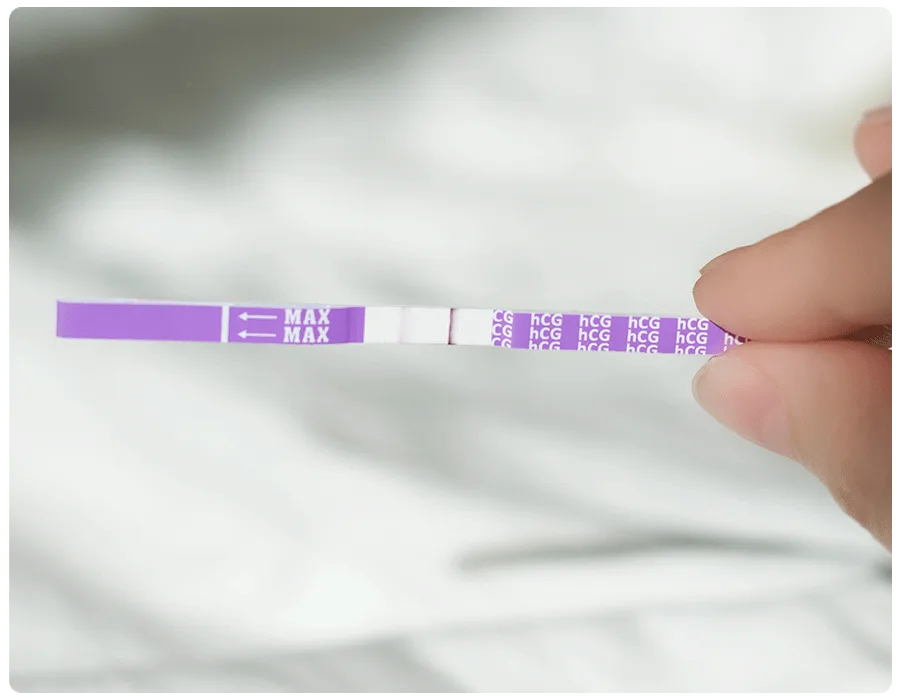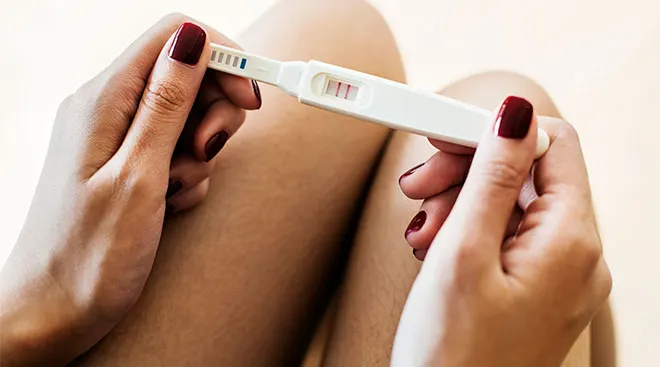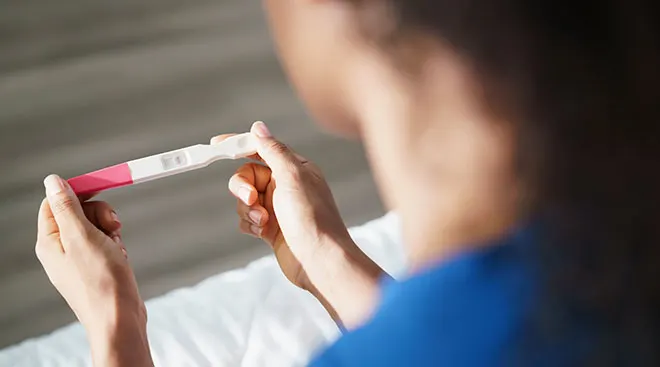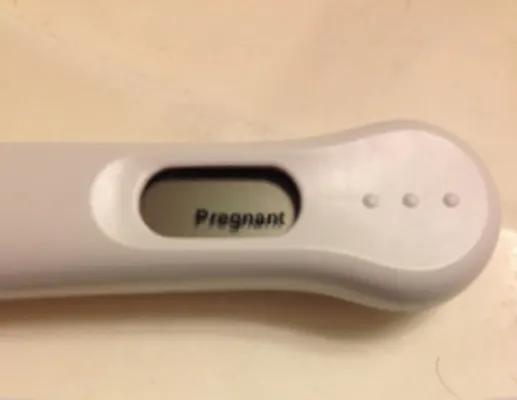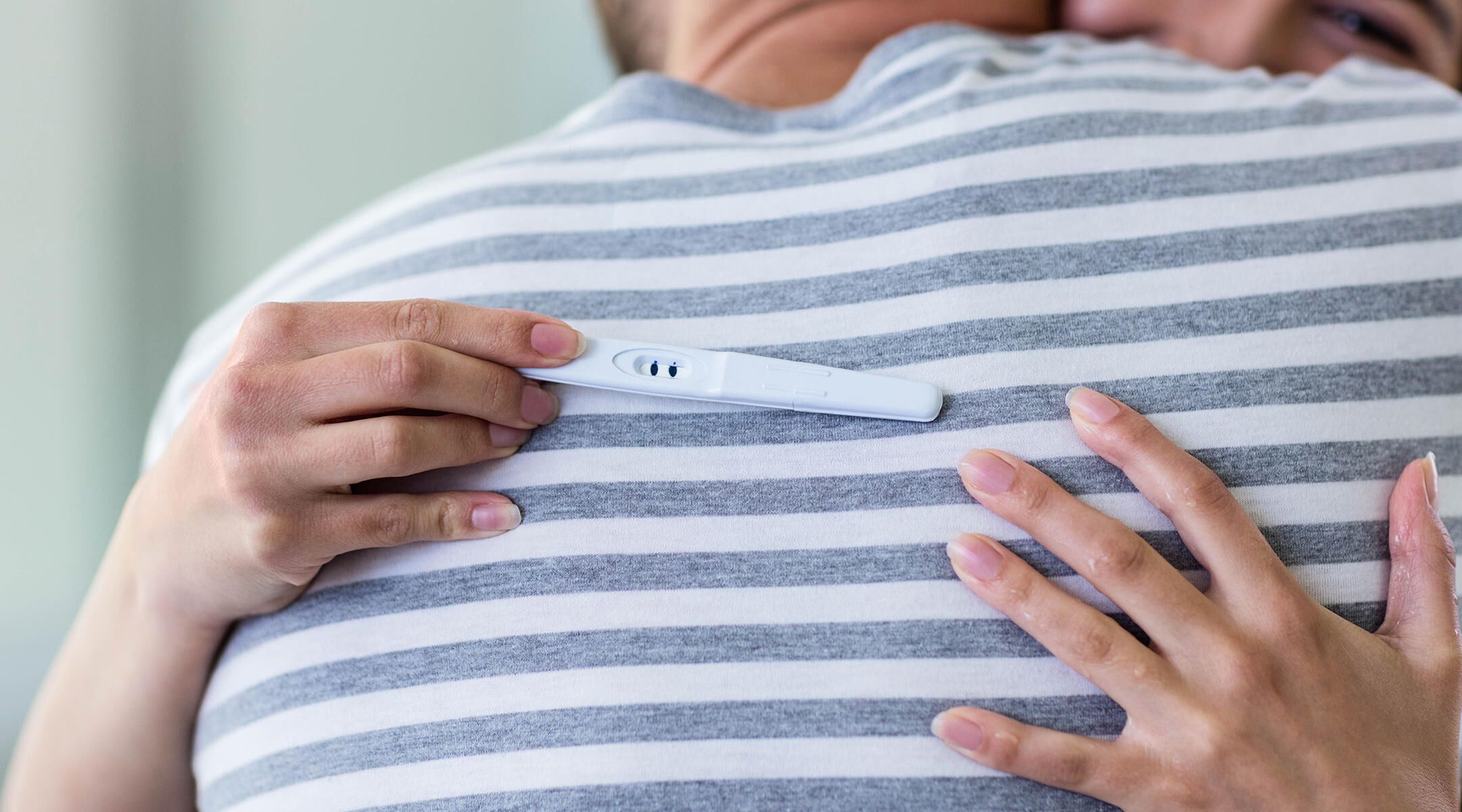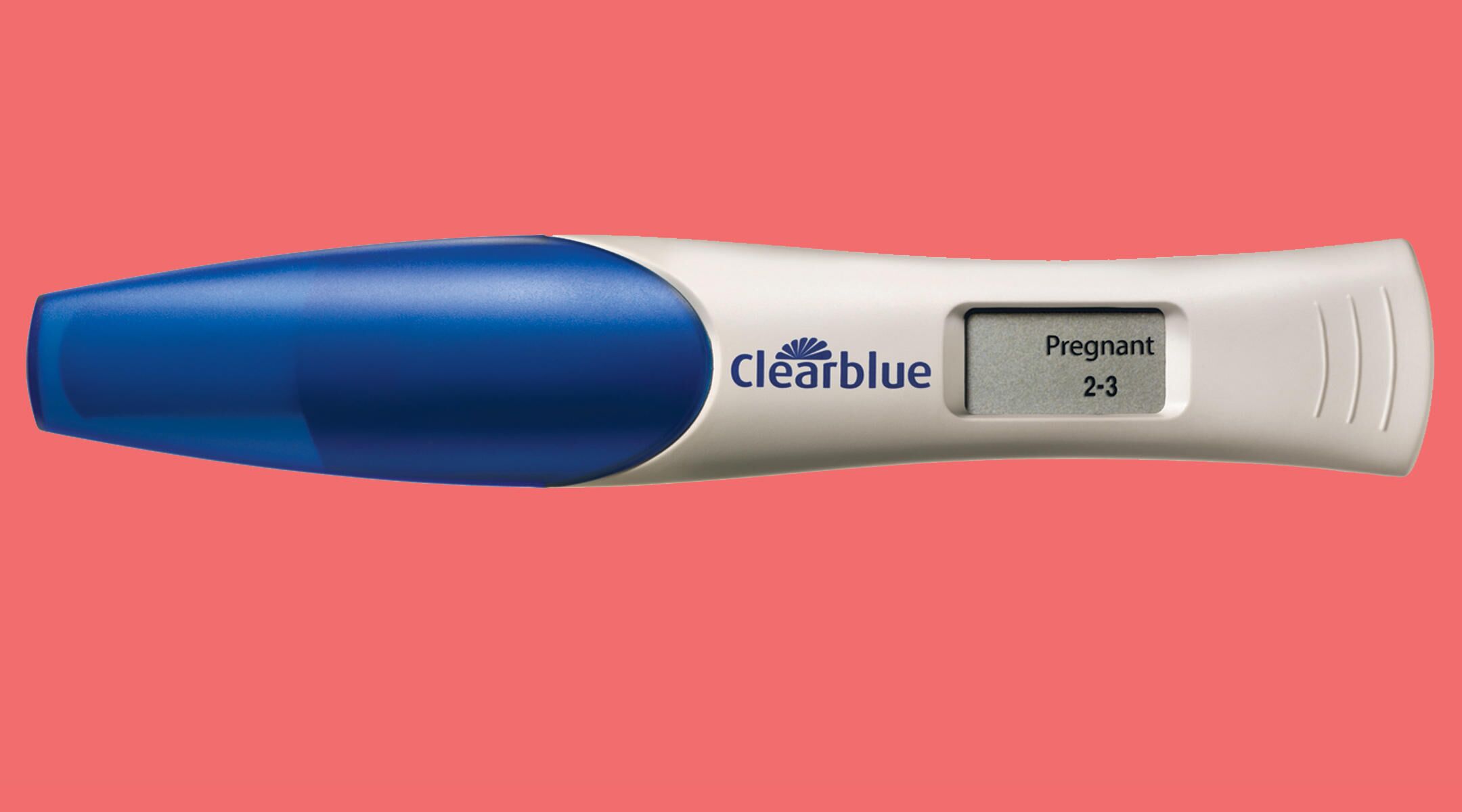What Does a Faint Line on a Pregnancy Test Mean?
If you’ve been trying to conceive, you know that waiting for that positive pregnancy test can be absolutely nerve-wracking. Those last couple of minutes before the results? Almost unbearable! So when it comes back with (drumroll) a faint line, it can be pretty darn confusing. You’re left wondering: Exactly what does a faint line on a pregnancy test mean? And is that even a line?!
Fortunately, you don’t need to stay stuck in limbo. You’re not alone, and experts have explanations as to why a faint line on a pregnancy test might happen, how to interpret it and how to avoid it in the future.
At-home pregnancy tests show positive results when they detect hCG (human chorionic gonadotropin), the pregnancy hormone, says Brindha Bavan, MD, an ob-gyn and reproductive endocrinology and infertility physician at Stanford Medicine Fertility and Reproductive Health. So, in most cases, even a whisper of a faint second line on a pregnancy test means you’re pregnant. (Hooray!) In rare circumstances, though, that may not be so, and the reasons behind the true results can vary. Here’s what could cause a faint line on a pregnancy test—and what you can do about it.
It’s very early in your pregnancy
In this scenario you’re definitely pregnant, but you’ve taken the test very early on in your pregnancy—before hCG levels are high enough to register a strong positive result (aka an unmistakable dark line). Fortunately, you won’t have to wait long before that happens: hCG levels at the start of pregnancy tend to double every two to three days. “Wait a few days and repeat a test to see if the line clarifies,” advises Mary Jane Minkin, MD, a clinical professor of obstetrics and gynecology at the Yale School of Medicine.
Keep in mind, testing too early can happen even if you’re using an ovulation kit or an app to keep tabs on your cycle. While they do help you determine when ovulation has occurred (so you and your partner can know when it’s time to get to work making a baby), they’re not foolproof, and cycles can vary from time to time.
The test isn’t particularly sensitive
Not all pregnancy tests are created equal. Standard urine pregnancy tests will detect hCG at a level of 25 mIU/mL or above, while early-detection tests say they can detect a cutoff of 10 mIU/mL or greater, says Bavan.
Meleen Chuang, MD, a clinical associate professor of obstetrics and gynecology at the NYU Grossman School of Medicine and medical director of women’s health at the NYU Langone Family Health Center, says that the best time to take a pregnancy test for accurate results is after you’ve missed your period. “However, if you’re eager to test earlier, you can use a highly sensitive early-detection pregnancy test, which can detect lower levels of hCG in your urine,” she adds. “These tests are designed to provide accurate results a few days before your expected period.”
You’ve experienced early pregnancy loss
If you get a faint line on a pregnancy test and then test yourself a couple of days later, you’ll see either one of two things: a darker line that indicates you’re for sure pregnant, or an extremely faint line on the pregnancy test that’s even lighter than before. A progressively fading line can mean a very early pregnancy loss called a chemical pregnancy, says Minkin. An ectopic pregnancy—when a fertilized egg implants outside of your uterus, most often in the fallopian tube—could also be the reason, say experts. This is a non-viable pregnancy and a medical emergency.
Of course, you don’t want to make any assumptions: When in doubt, it’s important to consult with your provider who can perform the appropriate tests, says Chuang.
It’s an evaporation line
Call it the pinnacle of pregnancy-test frustration. In this case, you see a faint second line on the pregnancy test (or a faint plus sign, for that matter) but it’s not at all related to the pregnancy. The difference between an evaporation line and a faint positive is in the timing. You’ll typically notice an evaporation line if you happen to look at your test results after the recommended time interval. It’s the ink getting caught in the urine line and appearing after the urine dries, explains Shelby Dickison, MD, a Washington University ob-gyn at the Women & Infants Center in St. Louis.
If you’re interested in exactly what a very faint line on a pregnancy test looks like, here’s an example of one.
The best way to avoid getting that dreaded faint line on a pregnancy test is to make sure you’re taking the test correctly and following the instructions carefully, says Chuang. She also suggests testing first thing in the morning, when your urine is more concentrated.
It’s generally best to test for pregnancy after you’ve missed your period, says Bavan. “Checking again on or after the day of your missed period will help to increase the accuracy of the test,” she says. “Follow up with your doctor for additional testing and guidance if there’s a positive result or any confusion or concerns.”
What should your next step be if you do get a faint pregnancy test line? “If you get a faint line on a pregnancy test, it’s generally recommended to retest after a few days,” says Chuang. “This allows for the hCG levels to potentially increase, leading to a clearer and more accurate result.” And if you retest and the results are still unclear, make sure to check in with your provider for further testing.
Please note: The Bump and the materials and information it contains are not intended to, and do not constitute, medical or other health advice or diagnosis and should not be used as such. You should always consult with a qualified physician or health professional about your specific circumstances.
Plus, more from The Bump:
Brindha Bavan, MD, is an ob-gyn, reproductive endocrinology and infertility physician and clinical assistant professor at Stanford Medicine Fertility and Reproductive Health. She earned her medical degree from the Stanford University School of Medicine.
Meleen Chuang, MD, is a clinical associate professor of obstetrics and gynecology at the NYU Grossman School of Medicine and medical director of women's health at the NYU Langone Family Health Centers. She earned her medical degree from Stony Brook University School of Medicine in Stony Brook, New York.
Shelby Dickison, MD, is an ob-gyn at the Washington University Women & Infants Center in St. Louis, as well as an assistant professor of obstetrics and gynecology. She earned her medical degree from the University of Missouri, Columbia.
Mary Jane Minkin, MD, is a clinical professor of obstetrics and gynecology at the Yale School of Medicine. She is also an ob-gyn at Yale New Haven Health in New Haven, Connecticut, and has been in practice for more than 40 years. Minkin earned her medical degree from Yale University in 1975.
Cleveland Clinic, Ectopic Pregnancy, January 2023
Navigate forward to interact with the calendar and select a date. Press the question mark key to get the keyboard shortcuts for changing dates.

































